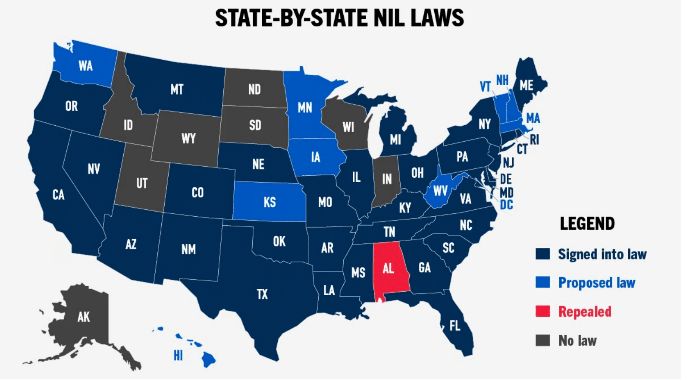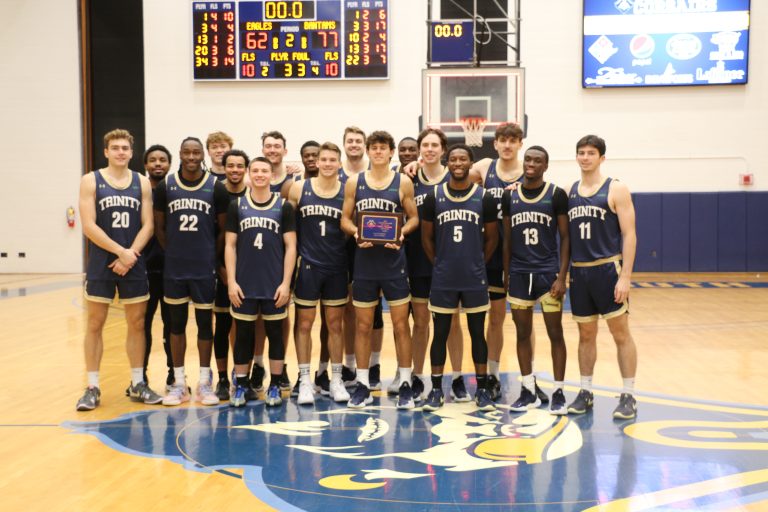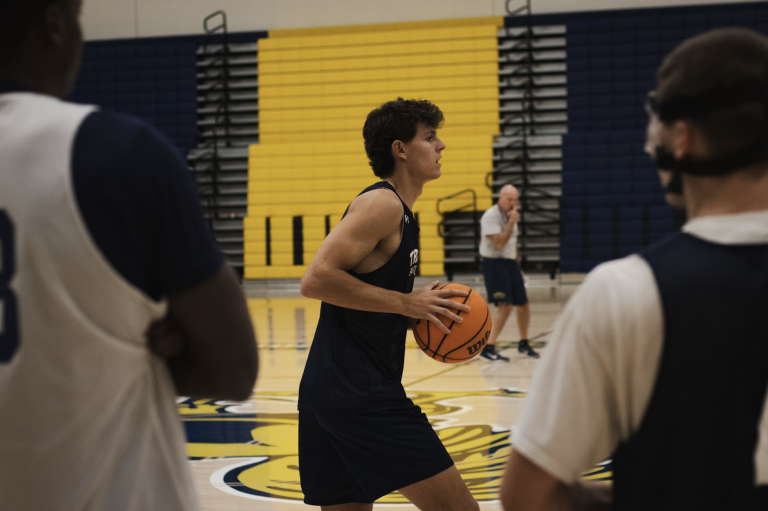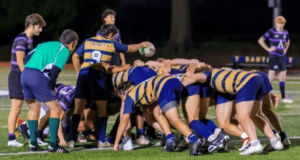Cece Hampton ’24
Sports Editor
NIL policy, which stands for name, image and likeness, is a relatively new recognition of the rights of college athletes to manage and profit from their personal brands while competing in college sports. Though previously having restricted NIL rights, the National Collegiate Athletic Association (NCAA) officially approved the interim NIL policy to go into effect on July 1, 2021, granting student athletes permission to monetize their name, image and likeness. Since then, however, no federal legislation or specific NCAA NIL rules have been inaugurated. Because there are no uniform NIL laws across different states and different schools, student athletes must recognize and accept both state and school rules before signing any NIL contracts.
Name, image and likeness are three components that make up a legal concept called “right of publicity,” preventing the unauthorized commercial use of the recognizable characteristics of a person’s public identity. This grants individuals the sole authorization to license their identity for commercial promotional purposes. Thus, if an individual is photographed wearing a specific brand, that photo cannot legally be used to promote the brand without the individual’s consent. Along these lines, the NCAA has been criticized for a while by claims that they capitalize on the name, image and likeness of student-athletes for profit, without giving athletes the opportunity to take advantage of it. The interim policy that was enacted allows student-athletes to engage in NIL activities if they follow state law of the state their school is located in, allows student-athletes in states without NIL laws athletes to participate in NIL activities as long as they are not in violation of NCAA rules and allows student-athletes to use professional service providers to facilitate their NIL activities.
NIL activities include profiting from autographs, public speaking, merchandise, podcasting and NFTs, among a number of other activities. The NCAA is working with federal legislators to create a single nationwide NIL policy to replace the current interim policy, however there is no confirmed time yet for when this policy will be released. 28 college athletic conferences are joining forces to call for a federal NIL standard across college sports, in the Coalition for the Future of College Athletics. The coalition views NIL as a mostly positive development for college athletes but anticipates threats to the longevity of intercollegiate athletics. With college-athletes having the opportunity to be paid, athletic administrators have recognized the possibility of them being classified as university employees. Another challenge NIL presents to college sports is in the capacity for differentiating legitimate NIL deals from “pay-to-play” schemes, where NIL collectives, which are designed to promote endorsement opportunities for student-athletes, influence athletes to attend certain and schools and then transfer from one to another, never having a true NIL deal. The ideal NIL law the Coalition would like to see passed would prevent the use of NIL in the recruiting process, initiate nationwide oversight of NIL rules and ensure that college-athletes are not classified as university employees.
As NIL collectives become more prominent, they are gaining more operational jurisdiction over college sports. While there is no specific date in sight for the release of federal NIL legislation, NIL activities are not going to slow down any time soon and their impact on the operations of college sports will continue to grow and evolve. Overall, the future of NIL activities and legislation will have important implications for the future of college athletics.







+ There are no comments
Add yours